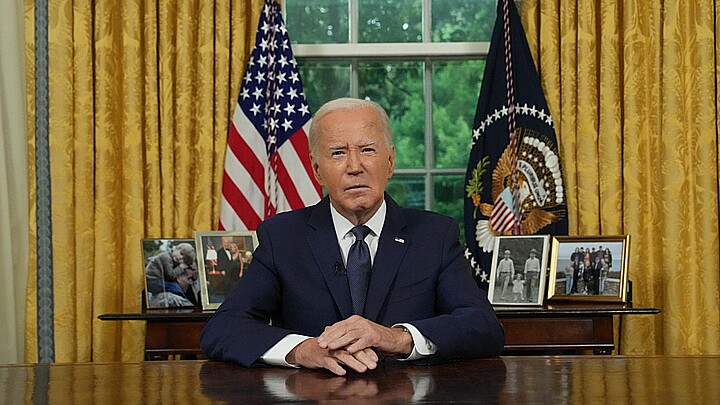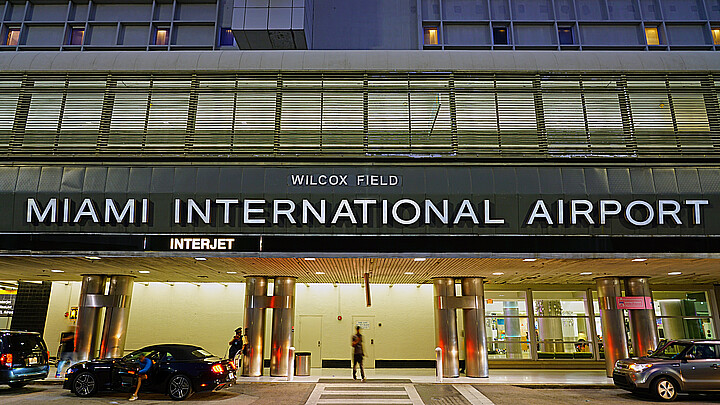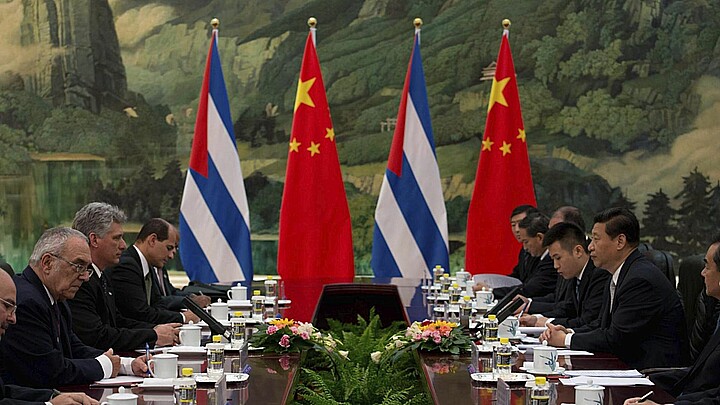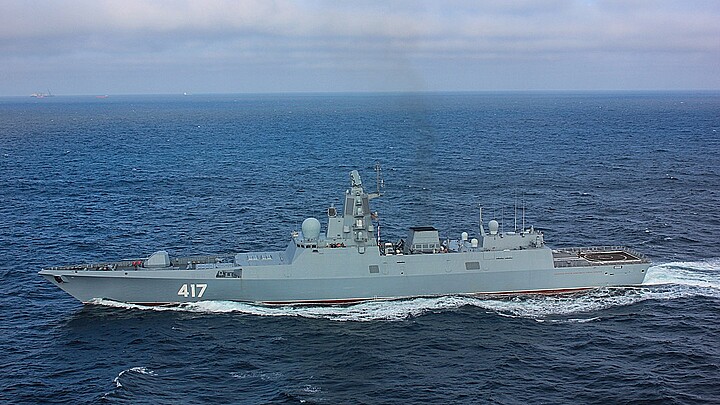Politics
Cuba, Venezuela and Nicaragua will recognize independence of Donbas, says pro-Russian separatist leader
Leader of self-proclaimed Donetsk republic says Cuba and its allies will recognize separatists as legitimate authorities in Ukrainian region
March 17, 2022 3:08pm
Updated: March 17, 2022 6:49pm
Denis Pushilin, leader of the self-proclaimed Donetsk People's Republic (DPR), claimed that the Cuban regime and it's Latin American allies intend to recognize pro-Russian separatists as the legitimate authorities of Ukraine's Donbas region, Sputnik news agency reported Wednesday.
"As for future work, I can say that many countries intend [to recognize the Donbas republics], Syria, Latin American countries, [in particular] Venezuela, Cuba, and Nicaragua and the Central African Republic," Pushilin said, according to Sputnik.
The separatist leader stressed that the efforts of his troops are now focused on the need to "put an end to the war," while supporting the Russian invasion of Ukraine. On March 10, the Republic of Abkhazia established diplomatic relations with both Donbas regimes by exchanging notes.
In 2014, Russia supported the armed uprising in Donbas against the Kyiv government. Vladimir Putin went further when he ordered an invasion of Ukraine on February 24. To justify the aggression, Moscow recognized the self-proclaimed Donetsk and Lugansk People's Republics as "sovereign" states and claimed that they needed the Kremlin's intervention in their defense against Kyiv.
Cuba's communist regime shares Moscow's version of the war in its local media. However, due to diplomatic reasons, it abstains from condemning the invasion at the UN.
Cuba in the face of the Russian invasion
Cuban President Miguel Díaz-Canel said last week Havana defends peace, but NATO surrounded and brought Vladimir Putin's government to "a limit situation."
On Twitter, the president spared no effort to justify the actions of his ally in the Kremlin. "An offensive military encirclement has been established against the Russian Federation. For decades there has been a consistent US endeavor to expand its military and hegemonic dominance through the continued expansion of NATO into Eastern European countries," he said.
"The conflict could have been avoided if Russia's demands for security guarantees had been taken seriously and respectfully into account," according to Díaz-Canel. Without condemning the Russian military aggression, the also first secretary of the Cuban Communist Party suggested not to put pressure on the invading government.
"Continuing to use economic, commercial, and financial sanctions as an instrument of pressure against any country does not solve the current crisis, but rather adds fuel to the fire," Díaz-Canel added.
"We will continue to advocate for a serious, constructive, and realistic diplomatic solution to the current crisis in Europe by peaceful means that guarantee the security and sovereignty of all," he said.
The Cuban regime, a member of the United Nations Human Rights Council, abstained on March 4 in a UN Human Rights Council vote to open an investigation into Russian war crimes in Ukraine.
The independent international commission has approved the investigation with 32 votes in favor, two against, and 13 abstentions. Russia and Eritrea voted against, while countries like China, Venezuela, Bolivia, India, and Pakistan abstained.
That was Cuba's second abstention at the UN regarding the Russian invasion of Ukraine. On March 2, along with 34 other nations, Cuba avoided taking a clear position in the historic vote condemning the aggression.
Supported by 141 of the 193 UN member states, the text of the resolution “deplores” the Russian aggression against Ukraine and “demands” that Moscow put an end to it and immediately and unconditionally withdraw its troops from the neighboring country.










